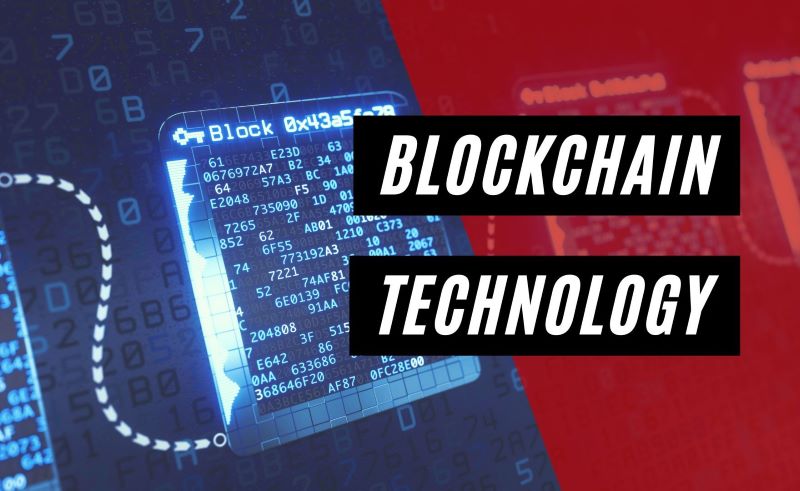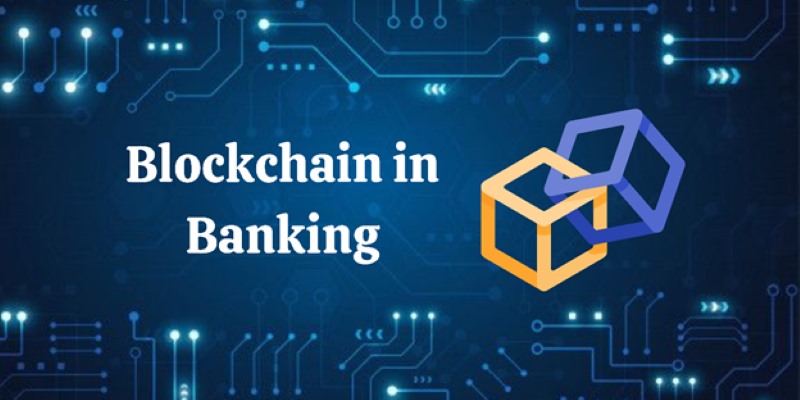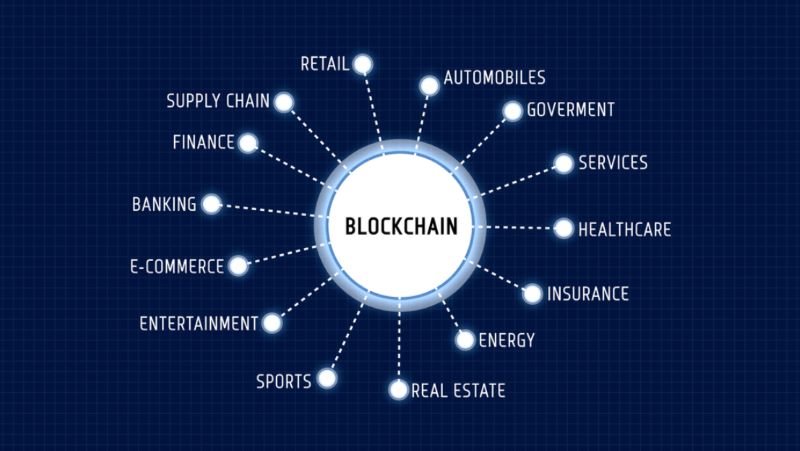
Use of blockchain technology in Supply Chain Management
Blockchain technology has the potential to revolutionize Supply Chain Management (SCM) by enhancing transparency, security, and efficiency. In traditional supply chains, tracking products across multiple stages—from raw materials to final delivery—can be complex and prone to errors, delays, and fraud.
Blockchain offers a solution by creating an immutable, decentralized ledger where each transaction or movement of goods is recorded transparently and securely. This not only ensures real-time tracking but also minimizes the risk of fraud or tampering, providing full visibility into the entire process. As a result, stakeholders can verify the authenticity and origin of products, leading to better decision-making and improved trust among suppliers, retailers, and consumers.
Additionally, blockchain streamlines processes like inventory management, reducing overhead costs and increasing operational efficiency. As more industries embrace blockchain for SCM, its role in ensuring supply chain integrity and efficiency is set to grow significantly.

Blockchain technology in Banking
Blockchain’s impact on the banking industry is profound, offering a new paradigm for secure, transparent, and cost-effective financial transactions. Traditional banking systems are often slow, costly, and vulnerable to fraud due to their reliance on intermediaries and centralized databases.
Blockchain eliminates many of these issues by allowing peer-to-peer transactions without the need for intermediaries, ensuring faster settlement times and lower transaction fees. The decentralized nature of blockchain ensures data integrity and reduces the risk of fraud, making it particularly attractive for cross-border payments and remittances.
Moreover, blockchain’s smart contract capabilities allow for automated processes, reducing human error and increasing efficiency in areas like loan issuance, trade settlements, and asset management. As blockchain continues to evolve, it will likely reshape the future of banking, with more institutions adopting blockchain solutions to improve services and reduce costs.

Blockchain in Healthcare
The healthcare industry, known for handling vast amounts of sensitive data, stands to benefit greatly from blockchain technology. One of the most pressing challenges in healthcare today is ensuring the security and interoperability of patient records across different systems and providers.
Blockchain can solve this by creating a decentralized, immutable record of patient data that is accessible only to authorized parties. This enhances data security and ensures that medical histories are accurate and up-to-date, improving patient care.
Furthermore, blockchain can streamline administrative processes such as billing and insurance claims, reducing fraud and inefficiencies. The transparency provided by blockchain can also help with supply chain management for pharmaceuticals, ensuring the authenticity and safety of drugs. As adoption grows, blockchain will not only improve the quality of care but also reduce costs and create a more efficient healthcare ecosystem.

Blockchain Technology in Accounting
Blockchain has significant potential to transform accounting practices by automating and enhancing transparency, accuracy, and security in financial transactions. Traditional accounting systems rely on centralized ledgers, which can be prone to human error and fraud.
Blockchain technology, with its decentralized ledger system, ensures that every transaction is securely recorded and immutable, making it nearly impossible to alter or falsify financial data. This enhances the accuracy of financial reporting and simplifies audit processes, reducing the risk of discrepancies or fraud.
Furthermore, blockchain can streamline complex tasks like reconciliation by automatically verifying transactions across multiple parties, saving time and reducing operational costs. As more businesses adopt blockchain in accounting, its role in enhancing financial transparency and reducing compliance costs will become increasingly vital.

Applications of Blockchain in Finance

For further insights and updates on this revolutionary technology, stay connected with Blockchain Global Network, your trusted source for blockchain news and developments.

RELATED POSTS
Mapping Opportunities with Funding Rate Heatmap
In the fast-paced trading world,...
National Security Agency and Blockchain Technology
In an era of escalating...
LooksRare NFT: A new generation NFT exchange
LooksRare NFT has quickly emerged...
Casper Crypto: Exploring and evaluating growth potential
As the cryptocurrency market continues...
Blockchain Layer 1: The Foundation of Decentralized Technology and U2U Network’s Vision
Blockchain technology has revolutionized the...
How Base L2 Sequencers are enabling the next generation of blockchain innovation
The evolution of blockchain technology...
James Seyffart: A leading expert on ETFs and Cryptocurrency
James Seyffart is a prominent...
BulbaSwap Airdrop: A unique investment opportunity in DeFi
BulbaSwap, a decentralized exchange (DEX)...
CoinList and U2U Network – Partnering to Build the Future of Decentralized Infrastructure
The cryptocurrency market is witnessing...
Bitget integrates VietQR in Vietnam: Supporting VND Deposits and cryptocurrency trading
Bitget Integrates VietQR in Vietnam:...
Blockchain and AI Hub complex in Hanoi – SSI Digital Ventures Commits to Supporting 200 Million USD
SSI Digital Ventures has launched...
What are the key blockchain technology advancements 2025
The world of decentralized technology...
ID Token and Access Token Demystified: How They Power Secure Web Applications
ID Token and Access Token...
Mining Cryptocurrency how to? How to read trading charts cryptocurrency?
When venturing into the world...
U2U KuCoin Listing – A new investment opportunity for the Crypto community
U2U Network (U2U) was officially...
Blackwing Airdrop – HOT Opportunity to Receive Tokens from BXP
In the fast-moving cryptocurrency space,...